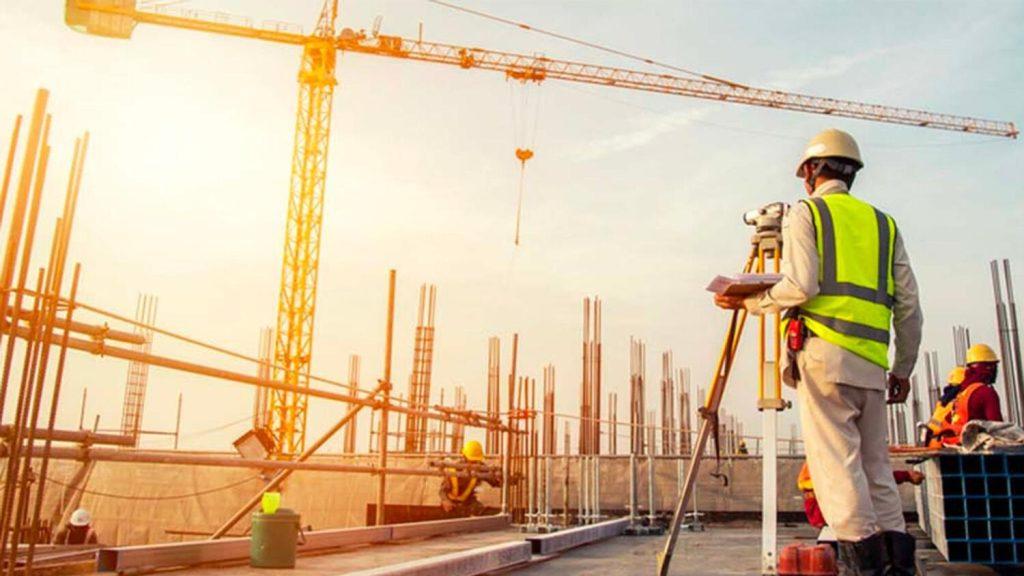Dubai: How is off-plan investment different from investing in ready properties?
Off-plan investment in Dubai involves purchasing a property during its planning or building stages, with decisions based on architectural sketches or renderings, and the property is typically not yet finished. One advantage of off-plan homes is the flexible payment schedule, where buyers pay the property’s cost in instalments during construction, making it more affordable and interest-free. Additionally, there’s the potential for capital appreciation, with the property’s value possibly rising by the time it’s finished, leading to better returns if the market is favourable and the location shows promise. Buyers also have the option to request alterations or choose from various finishing alternatives for their property.
On the other hand, investing in ready-to-move-in properties in Dubai means purchasing completed and occupied real estate, allowing buyers to visit the property in person before making a decision. Unlike off-plan investments, ready residences offer the advantage of immediate self-occupation or rental income, as there’s no delay in the completion of construction. Many buyers are drawn to ready properties due to their location in established communities with built-in amenities and services, providing immediate convenience. Additionally, purchasing a ready-to-move-in property instils confidence in buyers, as they can see exactly what they are getting, reducing concerns about design, quality, and potential delays.
What are the things I should keep in mind when investing in off-plan properties?
When investing in off-plan properties, it’s essential to conduct thorough research and consider critical factors. Firstly, examine the developer’s track record to ensure reliability and timely project delivery. Analyse the area’s financial potential, including rental yields and growth prospects, to gauge long-term value. Understand the legal and payment terms of the purchase to protect your interests throughout the investment. Take into account the projected completion date and market circumstances to align with your investment horizon. Conduct a risk analysis and develop a defined exit strategy to navigate potential challenges. Review the construction quality and specifics of the project to ensure it meets your expectations. Consider your financing options if needed, and make well-informed decisions to maximise the potential for a successful off-plan investment journey.
Ahmed Ali, Senior Off-Plan Consultant at Betterhomes
What are the risks involved?
Below are a list of risks involved in buying an off-plan property.
Delays in construction.
Variations in the market.
Financial concerns for new developers in the market.
Quality issues.
Uncertainties in the law and regulations.
Funding problems.
Impact of oversupply, potential for capital loss.
Few options for reselling.
Plan changes for the project.
What is the outlook for the off-plan market?
The outlook for Dubai’s off-plan market is promising and optimistic, constituting 52 per cent of the total transactions in Q2 2023. The real estate sector has witnessed a notable surge in interest, with a 40 per cent to 60 per cent increase in the number of foreign and local property buyers. This growing interest from investors and end-users indicates a favourable environment for real estate investment in the emirate.
However, it’s important to note that various factors can influence the real estate market, and trends may shift over time. Currently, the overall landscape suggests a positive trajectory for the off-plan market in the emirate.
The writer is senior off-plan consultant at Betterhomes.

